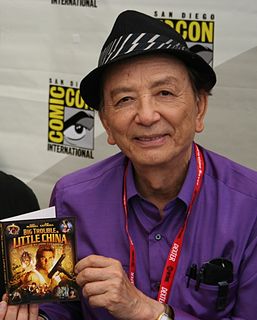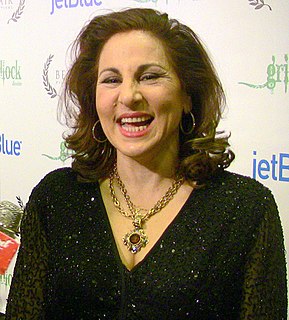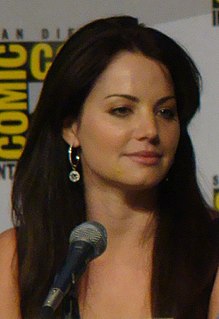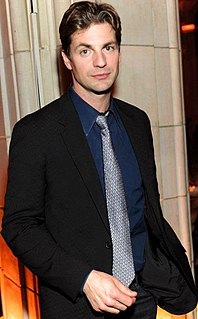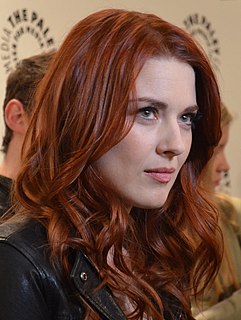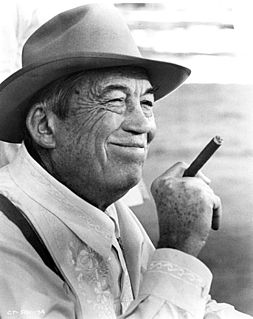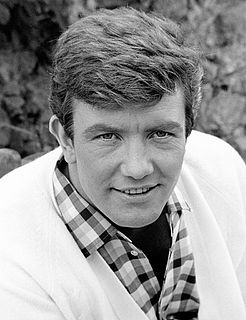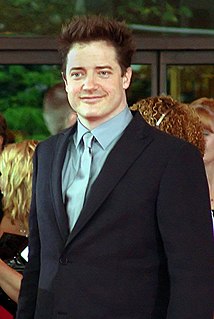A Quote by James Hong
[While voicing] you have to create a feeling for what happened before a scene, what's going to happen after a scene, and what you are doing in a scene. You need to use your imagination even more and once your emotions are up, then your voice and expressions will go accordingly.
Related Quotes
While voicing animations I use the same acting muscles, even more because you have to channel all into your voice, whereas when you're live-action you get props and scenery and other actors and your facial expressions and what happens to help you. It's not necessarily easier as an actor to do voice-overs, it's easier as a person.
That was sheer luck that it [being immersed into folk scene] happened when my voice began to develop. I don't know exactly what would have happened if I hadn't been alive and well and really lively in the Cambridge scene. But (the folk scene) was, and I fell into it absolutely naturally in the little coffee shops, and pretty soon it was Newport and then it was an overwhelming response internationally, actually.
You are preparing yourself for a scene, and the most important thing is to remain emotionally available and remain in the moment with your scene partner. You don't want to let your own self-consciousness block the flow of creativity that's coming out so that you can act and react, and play what the scene is all about.
have a much harder time writing stories than novels. I need the expansiveness of a novel and the propulsive energy it provides. When I think about scene - and when I teach scene writing - I'm thinking about questions. What questions are raised by a scene? What questions are answered? What questions persist from scene to scene to scene?
It's like you might have some great scene that you love but for some reason - and you can't necessarily put your finger on it - the movie's not working or it seems slow or ponderous in some way, and even though it has your favorite scene in there, actually the favorite scene is the culprit. That's the painful thing about editing, is trying to locate those things that are holding the movie back and then having the guts to cut them. And it is painful to do it.
If you feel like you're doing terrible in a scene, that usually means that you're not listening because you're too preoccupied with yourself... you're not listening to your scene partner. If you listen, you're naturally going to get that response that the camera's going to pick up because you just react.
What is a scene? a) A scene starts and ends in one place at one time (the Aristotelian unities of time and place-this stuff goes waaaayyyy back). b) A scene starts in one place emotionally and ends in another place emotionally. Starts angry, ends embarrassed. Starts lovestruck, ends disgusted. c) Something happens in a scene, whereby the character cannot go back to the way things were before. Make sure to finish a scene before you go on to the next. Make something happen.
While green-screen work, find a way to stay true to whatever it is that it takes to act a scene out, and make sure that you use your imagination as best as you possibly can, still stay loose, and still allow yourself the liberty of doing what you need to do as an actor, and then work within the confines of what is actually possible.
